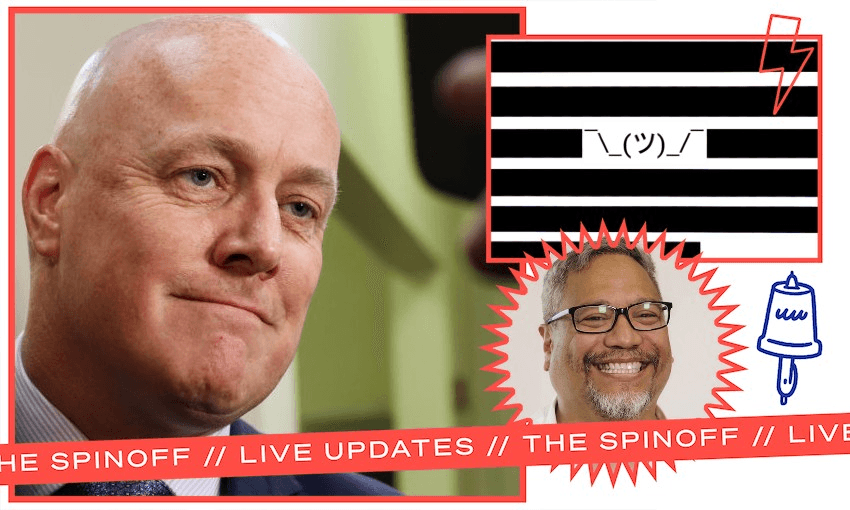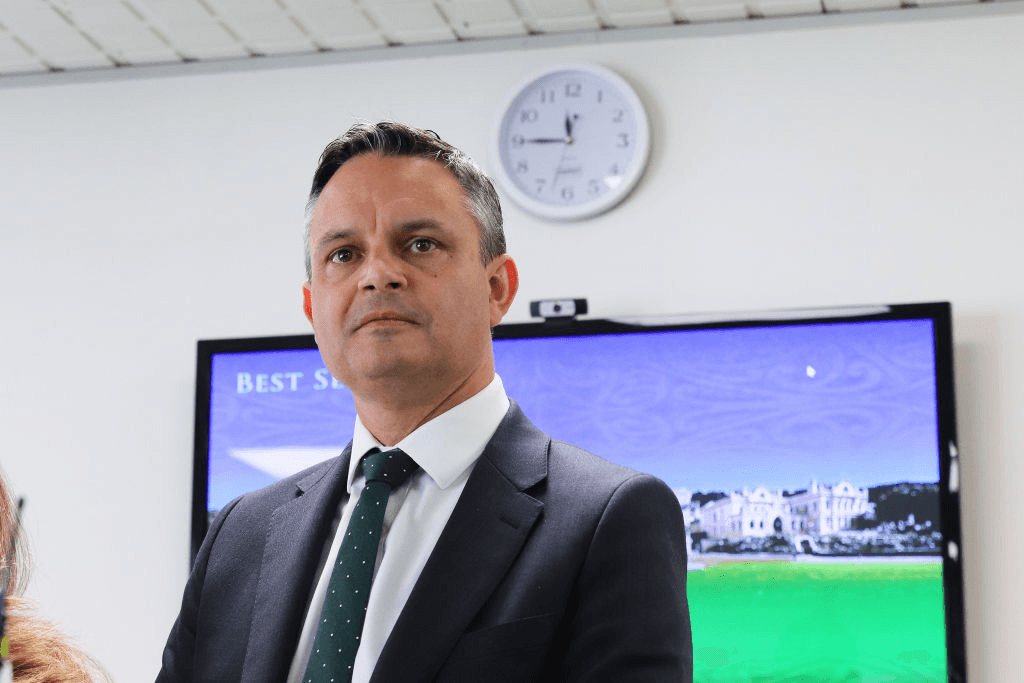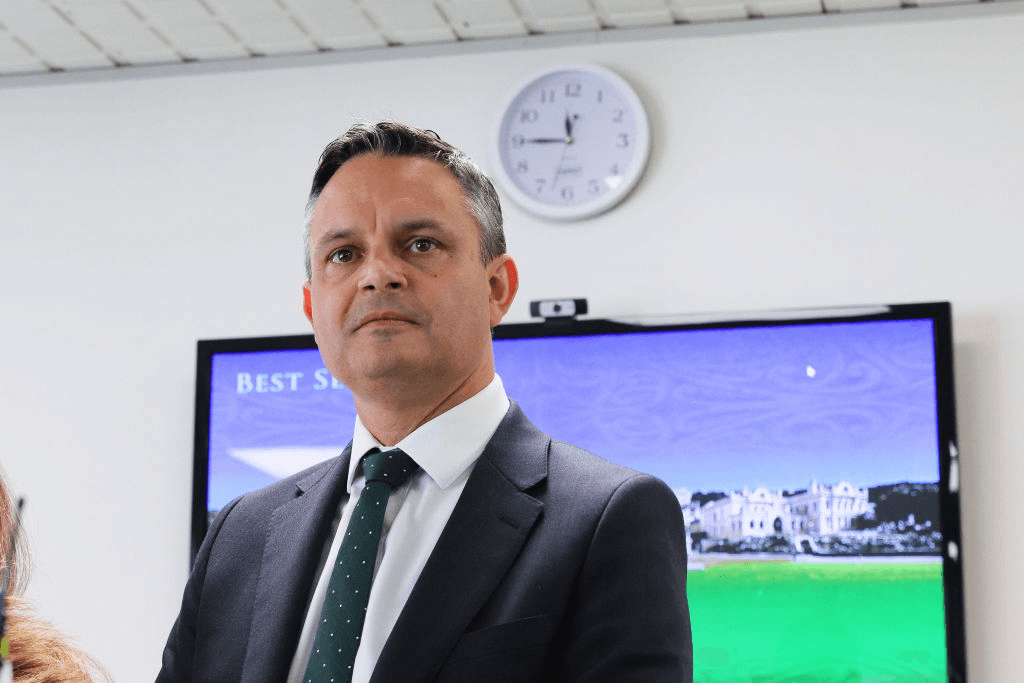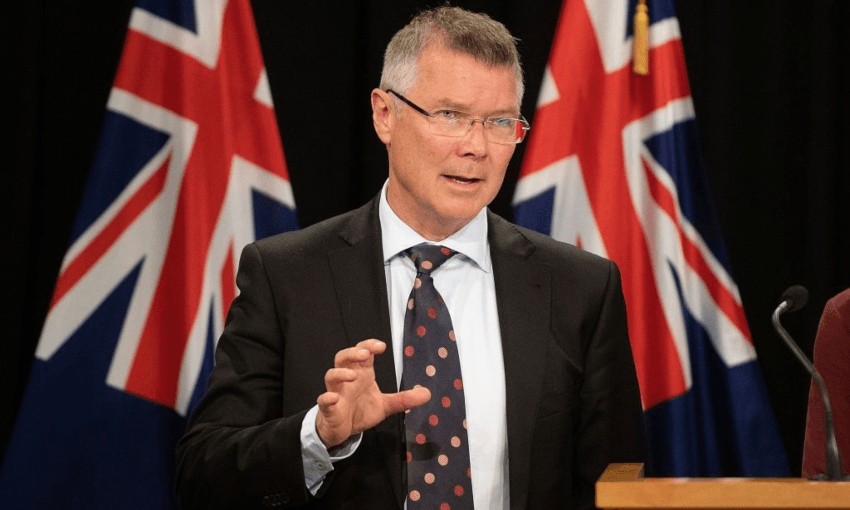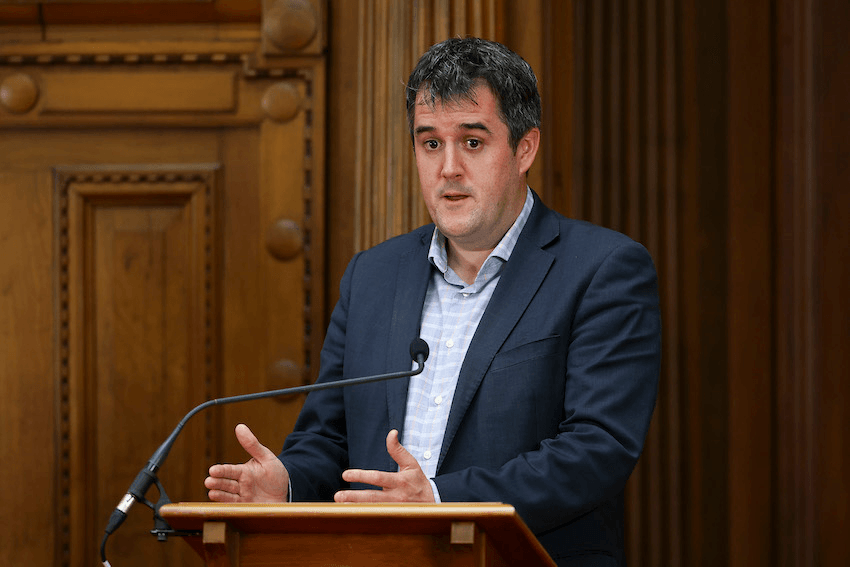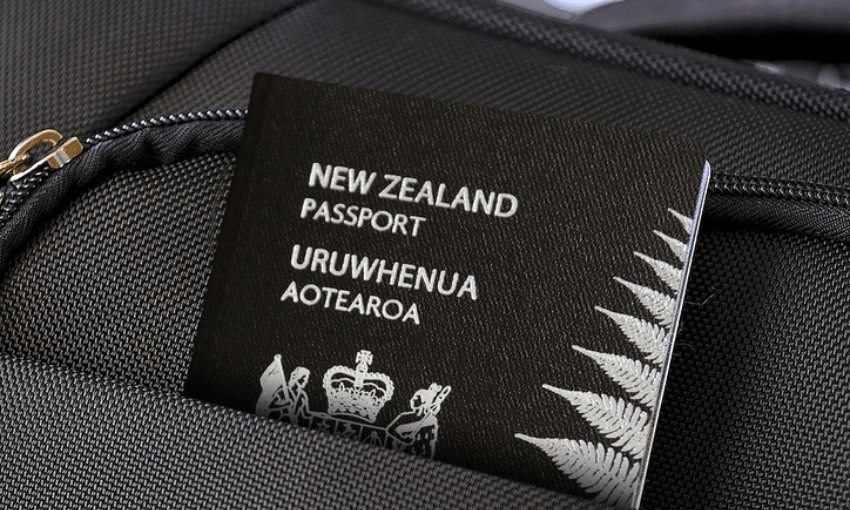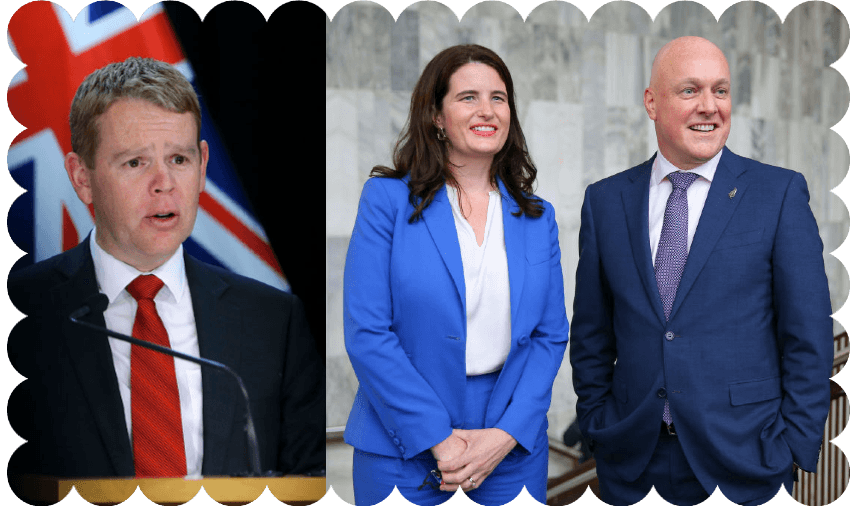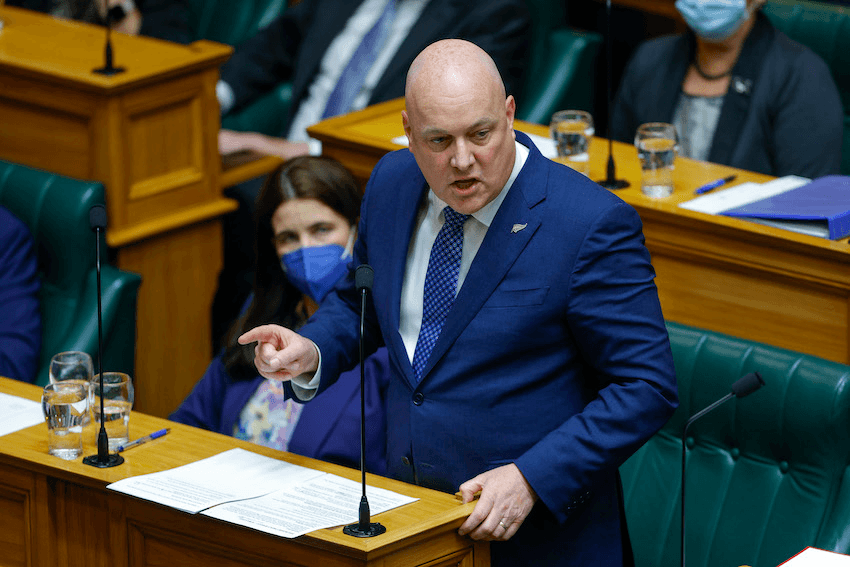Competition is not working as well as it could in the residential building supplies market and the solution lies in improving conditions for entry and expansion, the Commerce Commerce has found.
Chair Anna Rawlings announced this morning the preliminary findings of its year-long study into the building supplies sector, including that competition would be improved if it was easier for building products to be introduced and expand in relevant markets. “If competition was more effective, it would work with the regulatory system to deliver those safe, healthy, durable and affordable homes that New Zealanders are looking for,” Rawlings said.
The commission found the market’s lacklustre competition was due to a “too slow, costly and uncertain” regulatory system that incentivised architects, construction companies and building consent authorities to favour proven products over new or competing alternatives. Moreover, quantity-forcing rebates, or discounts that reward merchants for purchasing greater volumes of product through a single supplier, are reinforcing barriers to entry.
Competition between merchants was working well, Rawlings said, but they were benefitting from restrictive land covenants and entering into exclusive leases – two factors that could impact competition. The commission has raised similar concerns in its grocery and fuel market studies.
Vertical integration, or businesses that operate at different levels of the building product supply chain, doesn’t appear to be affecting competition over the longer term, the commission found.
Its proposed solution is to make it easier for building products to gain a foothold in the market, and for smaller suppliers to be able to expand. Among the commission’s eight draft recommendations include making competition an explicit objective to be promoted in the building regulatory system; better reflecting a Māori perspective in the regulatory system; exploring ways to remove impediments to substitute products; establishing a national building products register and a building consent authority “centre of excellence” to help coordinate consenting and product approvals; and promoting compliance with the law.
The commission will consult with the sector over the next four months, with the aim of releasing its final report on December 6.
